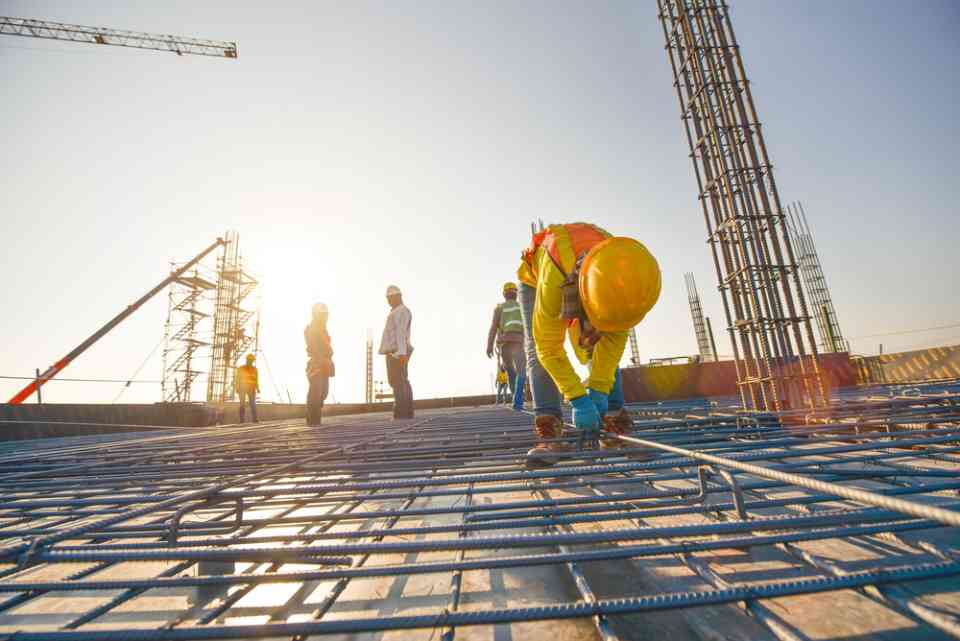South Africa’s Engineering Sector Faces Decline Amid Economic Challenges

Consulting Engineers South Africa (Cesa) unveiled its latest Bi-Annual Economic and Capacity Survey (BECS) on Tuesday, revealing a significant 22% drop in industry activity from July to December 2023, reaching its lowest point since 2019 at a level of 32. This downturn continued into early 2024, with further declines to a level of 30, driven by political instability, corruption, and infrastructural challenges, according to Cesa. The survey highlights critical trends and obstacles faced by South Africa’s engineering and construction sectors in the latter half of 2023.
The survey highlighted an alarming increase in project cancellations, with 41% of respondents reporting tender cancellations in the last six months of 2023, up from 31% in June 2023. Reasons for these cancellations included economic uncertainties, budget constraints, community interference, and skill shortages.
Chris Campbell, CEO of Cesa, cautioned about the severe financial repercussions of these cancellations, particularly for smaller firms lacking the resources to absorb such losses, and underscored the importance of business confidence for spurring investment growth.
Despite these challenges, the survey noted a 7% year-on-year increase in consulting fees in 2023, with a notable 10% growth in the second half of the year, primarily driven by private-sector demand. However, earnings from national and local government contracts declined, indicating a reliance on private-sector initiatives to sustain growth. Looking ahead, the outlook for the first half of the year remains mixed. Larger firms expect earnings to stabilize, while medium-sized firms anticipate a modest increase of 5% to 7%. The order book-to-income ratio suggested potential future demand softness, contrasting with reported improvements among medium-sized firms.
The survey also reported a significant rise in private-sector investment, particularly in critical economic infrastructure such as electricity, water, rail, and ports. Fixed investment grew by 4.2% year-on-year in 2023, with the private sector contributing an average 5% increase over the past two years. In contrast, investment by state-owned enterprises fell by 1.8%, following an 8.2% decline in 2022.
Cesa’s findings underscore the need for sustained investment in South Africa’s critical economic infrastructure. While acknowledging positive trends from increased private-sector involvement, Cesa highlighted ongoing challenges such as low business confidence, high project cancellation rates, and uneven earnings growth.
| Country | Capital | Head of State | Head of Government | GDP (nominal) per capita | GDP (PPP) | GDP (PPP) | GDP (PPP) per capita |
|---|---|---|---|---|---|---|---|
| South Africa | Pretoria | Cyril Ramaphosa | Cyril Ramaphosa | 380.906 | 6.191 | 997.444 | 16.211 |
Have you read?
Countries: Powerful Passports.
Countries: Richest.
Countries: Poorest.
Countries: Happiest.
Countries: Life Expectancy.
Bring the best of the CEOWORLD magazine's global journalism to audiences in the United States and around the world. - Add CEOWORLD magazine to your Google News feed.
Follow CEOWORLD magazine headlines on: Google News, LinkedIn, Twitter, and Facebook.
Copyright 2025 The CEOWORLD magazine. All rights reserved. This material (and any extract from it) must not be copied, redistributed or placed on any website, without CEOWORLD magazine' prior written consent. For media queries, please contact: info@ceoworld.biz








